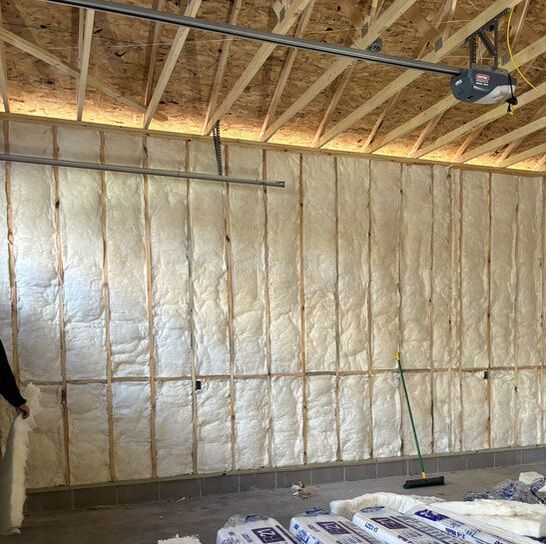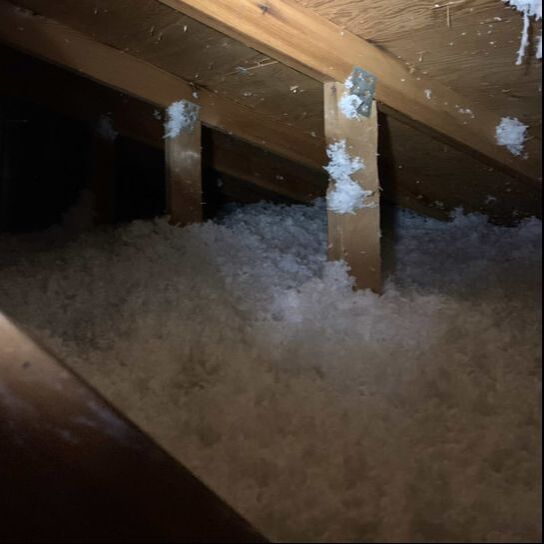The Ultimate Guide to Fiberglass Insulation: Benefits, Installation, and More
Welcome to our comprehensive guide on fiberglass insulation! In this informative web page, we'll explore the many advantages of fiberglass insulation, the installation process, maintenance tips, and why it's a sustainable choice for energy-efficient homes. If you're looking to improve your home's energy efficiency, save money on heating and cooling costs, and reduce your carbon footprint, fiberglass insulation is an excellent choice.
What is Fiberglass Insulation?
Fiberglass insulation is a popular type of thermal insulation made from tiny glass fibers. These fibers are known for their exceptional insulating properties, as they trap air to provide thermal resistance and reduce heat transfer. This insulation is widely used in residential, commercial, and industrial buildings to maintain comfortable indoor temperatures throughout the year.
Benefits of Fiberglass Insulation:
Types of Fiberglass Insulation:
There are two primary types of fiberglass insulation:
What is Fiberglass Insulation?
Fiberglass insulation is a popular type of thermal insulation made from tiny glass fibers. These fibers are known for their exceptional insulating properties, as they trap air to provide thermal resistance and reduce heat transfer. This insulation is widely used in residential, commercial, and industrial buildings to maintain comfortable indoor temperatures throughout the year.
Benefits of Fiberglass Insulation:
- Energy Efficiency: Fiberglass insulation is an excellent choice for improving your home's energy efficiency. It effectively prevents heat from escaping in the winter and entering in the summer, reducing the need for constant heating and cooling. This can lead to substantial energy savings.
- Cost Savings: By reducing energy consumption, fiberglass insulation can significantly lower your heating and cooling bills. Over time, the cost savings can far exceed the initial investment.
- Comfort: Fiberglass insulation helps maintain a more consistent indoor temperature, ensuring a comfortable living environment all year round.
- Fire Resistance: Many fiberglass insulation products are fire-resistant, making them a safer choice for homes and commercial buildings.
- Sound Dampening: In addition to thermal insulation, fiberglass insulation also provides excellent soundproofing benefits, reducing noise from outside or between rooms.
Types of Fiberglass Insulation:
There are two primary types of fiberglass insulation:
- Batt Insulation: These are pre-cut panels or rolls of fiberglass insulation designed to fit between wall studs, ceiling joists, and floor joists.
- Blown-In Insulation: This loose-fill fiberglass insulation is blown into wall cavities, attics, or other open spaces using specialized equipment. It is a great choice for retrofitting existing structures.
Maintenance and Longevity:
Fiberglass insulation requires minimal maintenance. However, it's essential to inspect it periodically to ensure it remains intact and in good condition. If you notice any damage or signs of moisture, it's important to address the issue promptly to maintain its effectiveness.
Sustainability:
Fiberglass insulation is an eco-friendly choice. It is made from recycled materials and can be recycled at the end of its life cycle. Additionally, its energy-saving properties reduce greenhouse gas emissions, making it a sustainable choice for a greener future.
Conclusion:
Fiberglass insulation is a versatile, cost-effective, and energy-efficient solution for maintaining indoor comfort and reducing energy bills. Whether you're looking to upgrade your existing insulation or insulate a new construction, fiberglass insulation is a valuable investment for your home or building. If you have any questions or need professional installation assistance, please don't hesitate to contact us today. Your comfort, savings, and the environment will thank you!
Fiberglass insulation requires minimal maintenance. However, it's essential to inspect it periodically to ensure it remains intact and in good condition. If you notice any damage or signs of moisture, it's important to address the issue promptly to maintain its effectiveness.
Sustainability:
Fiberglass insulation is an eco-friendly choice. It is made from recycled materials and can be recycled at the end of its life cycle. Additionally, its energy-saving properties reduce greenhouse gas emissions, making it a sustainable choice for a greener future.
Conclusion:
Fiberglass insulation is a versatile, cost-effective, and energy-efficient solution for maintaining indoor comfort and reducing energy bills. Whether you're looking to upgrade your existing insulation or insulate a new construction, fiberglass insulation is a valuable investment for your home or building. If you have any questions or need professional installation assistance, please don't hesitate to contact us today. Your comfort, savings, and the environment will thank you!



